Picture in your mind your five most enduring relationships. What do they look like? Your spouse or partner? Your business associates? Your pastor, priest, or rabbi? When we think about relationships, most often we default to the people we’re close to. But odds are, with the exception of your parents, your most enduring relationships aren’t with people. They’re with the brands you love. How long have you eaten your favorite cereal? Poured your favorite soft drink? Worn your favorite athletic shoes?
For most of us, our longest-lasting relationships go back 20, 30, or 40 years. And whether they’re romantic, professional, or with a favorite brand, they’re all built on the same foundation – trust.
Recently, global tech company Morning Consult conducted a survey of the most trusted brands “based on the largest study of its kind to date, with an average of 16,700 interviews per brand for nearly 2,000 brands.” To determine which brands were most trustworthy, they asked consumers one simple question:
“How much do you trust each brand to do what is right?”
Not, “do you trust the ingredients on the label?” or “do you trust the brand to taste good, last for a long time, or hold up against the elements?” They asked, “How much do you trust each brand to do what is right?” That’s cultural.
In Creating A Category of One, Joe Calloway puts this as simply and as beautifully as I’ve ever seen it. In the book, Calloway says, “Your brand is what people think it’s like to do business with you.” That statement is completely predicated on trust and culture. Consumers support brands they believe will deliver a positive experience. Who will do what they say they’ll do. Brands who will do the right thing.







